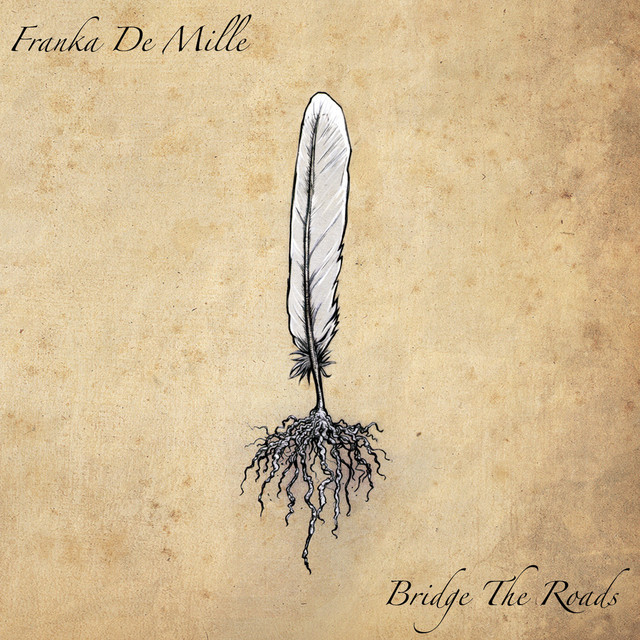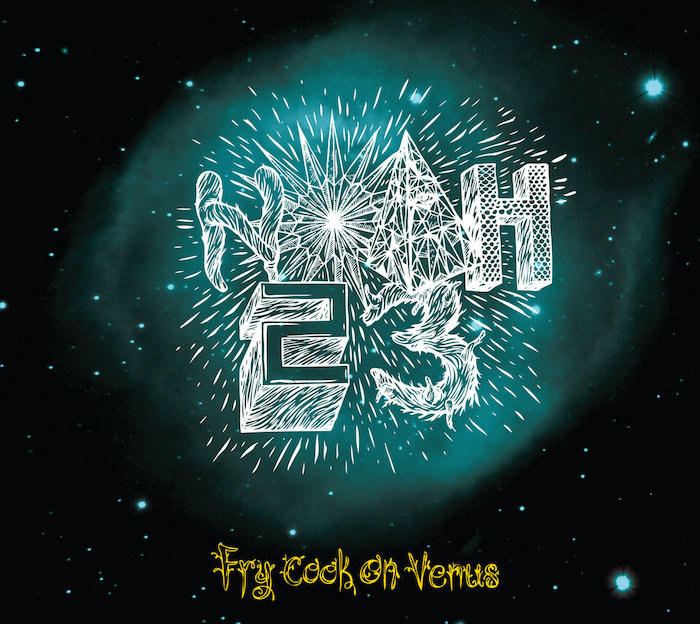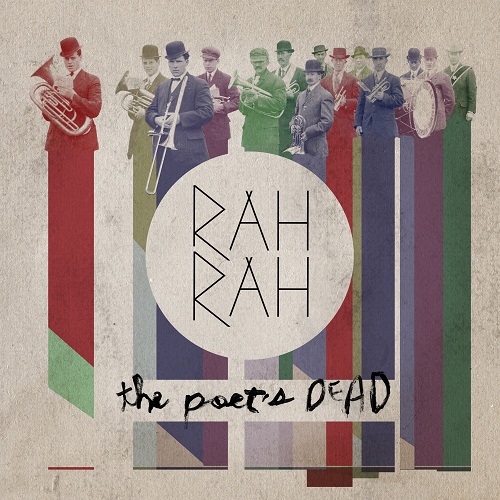
REVIEW: FRANKA DE MILLE – BRIDGE THE ROADS (2012)
When the pizzicato arpeggios of the cello are accentuated by neoclassical piano and a lilting, reedy accordian melody on Track 4 (“Gare Du Nord”) of Franka De Mille’s album, “Bridge the Roads,” it’s pleasantly hard to breathe. The two opening tracks, “Come On” and “Fallen” lead the listener to believe that another conservatory musician is attempting Jack Johnson, while “Solo” bleeds more Evanescence than Du Faye (complete with a delightful barrage of string harmonics, alluding to, perhaps, the harmonic distortion of an electric guitar).
But, then her crisp, slightly-affected-by-an-unknown-foreign-accent voice drifts on to “Gare Du Nord’s” pizzicato arpeggios and we see the essence that is Franka De Mille: Hanz Zimmer with heart-wrenchingly earnest lyrics. The illusion builds with intensity as a stuttering percussion section underscores the classically-rigid counterpoint, aptly arranged string parts ebbing and pulling at the sympathetic strings of the aortic valve. The song finally transitions from a score for a French film on the melancholia of love and travel, to a rollicking field recording of a Parisian street musician singing “[translated from French] Every time I leave my heart melt into cinders, don’t cry little sister there is hope, there is life!”
What is most striking, in terms of overall musical arrangements, is De Mille’s textbook mastery of string-writing. Perfect usage of ricochet, pizzicato, tremolo and advanced bowing techniques run rampant, all the while maintaing an especially keen ear for legato melodies. The eclectic texture is consistently interesting and surprising,
The cardinal sin, however, is the guitar writing. An old joke goes, “If you want a guitarist to play softer, put sheet music in front of him; he’ll shut right up.” The acoustic guitar (with the exception of “Solo”) is, at best, anachronistic, and, at worst, condescending. One is left with a lingering impression that little creative freedom was given to the guitarist to develop his own part; a common mistake. The instrument’s history is an illiterate one; jongleurs accompanying themselves singing, while trying to get laid outside of medieval balconies. However, as jongleurs played on and on, their fingers grew restless and the complexity and nuance to their strumming improved; guitar music lives in “licks,” now, played and composed by the same person. As Beethoven said, after hearing the famed Mauro Giuliani play, “The guitar is a miniature orchestra in itself.” Yet, he wrote very little music for the guitar, himself.
All is forgiven, however, on the penultimate track, “Oh My.” Pregnant pauses in phrasing allow the simple piano and breathing strings to linger on the simple words barely escaping De Mille’s lips. Cynical commentary washes away in a bath of heartfelt moonlight. Tight jeans loosen as breath leaves you. It’s a record that insists on intimacy, no matter the venue. The lyrics are intentionally simple to allow the listener to bring their own meaning to them. While the record isn’t perfect, neither are you.
Rating: 7.2/10




Post a comment